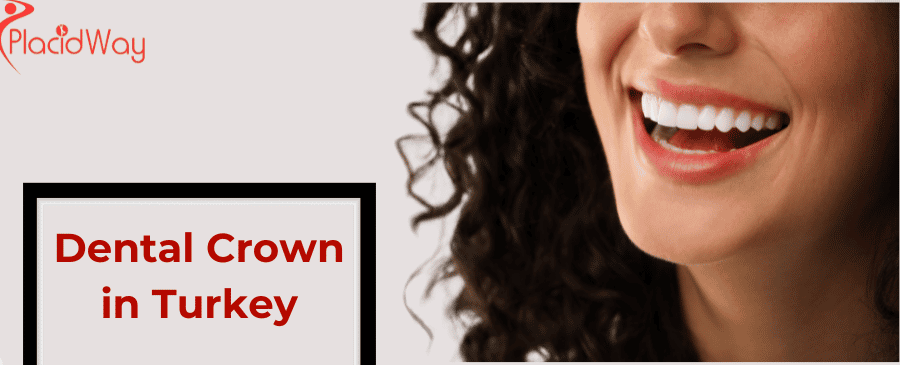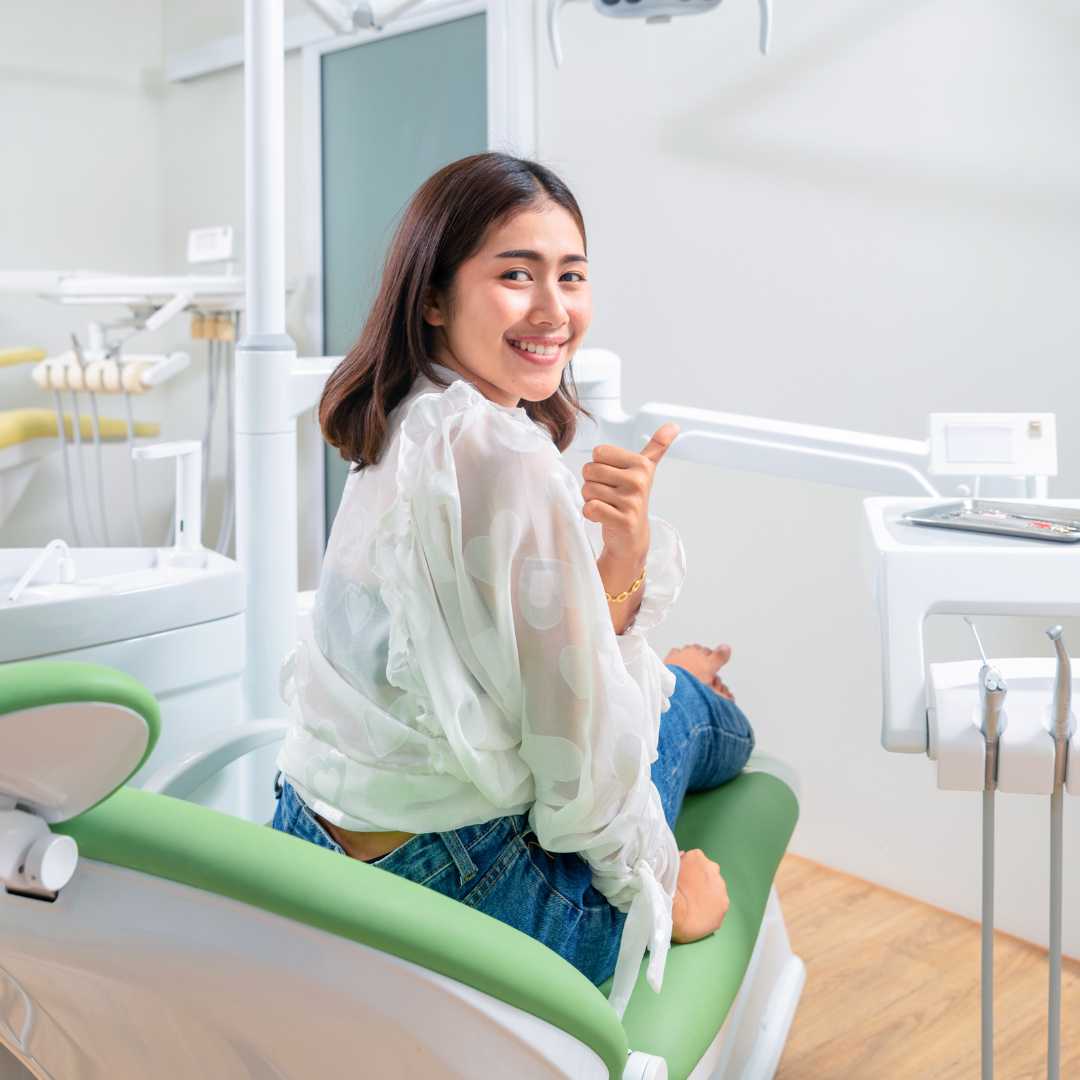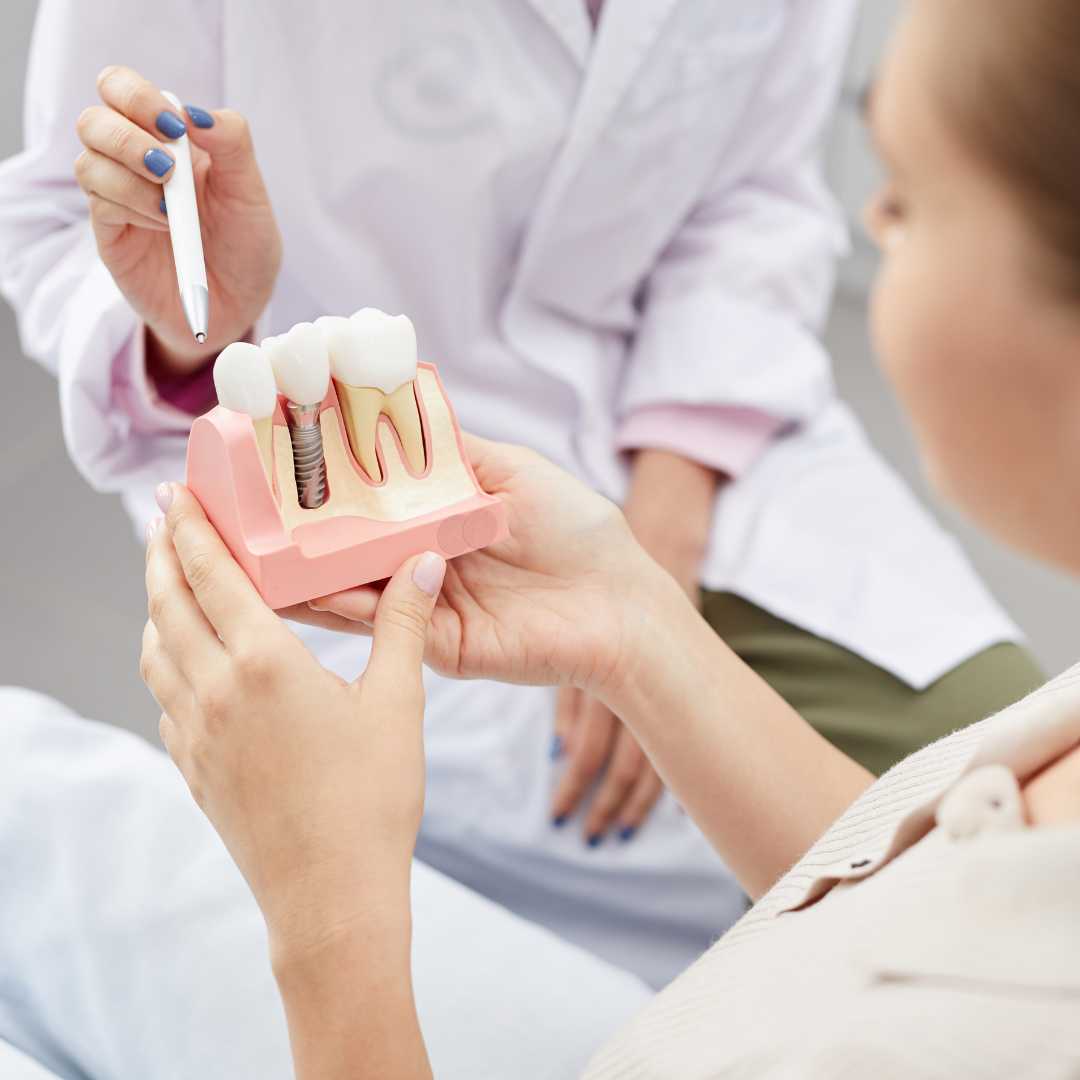Dental Crowns in Turkey: Unpacking Safety, Quality, and Standards

The question of safety is paramount for anyone considering dental treatment abroad, and getting dental crowns in Turkey is no exception. While Turkey has gained significant popularity as a dental tourism destination due to its competitive prices, it's natural to wonder about the safety and quality of the procedures. The good news is that many clinics in Turkey offer excellent standards of care, comparable to those in Western countries, provided you choose wisely.
Turkey has a well-developed healthcare system, and its dental sector has invested significantly in modern facilities, advanced technology, and highly trained professionals. However, as with any medical travel, diligence is key. Understanding the regulatory landscape, the quality of materials used, and what to look for in a clinic will help ensure a safe and successful experience for your dental crowns in Turkey.
What are the regulatory standards for dental clinics in Turkey?
The Turkish Ministry of Health serves as the primary regulatory body, overseeing all healthcare facilities, including dental clinics. This oversight includes:
- Licensing and Certification: Clinics must obtain various licenses and certifications to operate legally. This involves comprehensive evaluations of facilities, equipment, staff qualifications, and adherence to safety protocols.
- Inspections: Both routine scheduled inspections and unannounced visits are conducted by government health inspectors to ensure compliance with national health and safety regulations, including hygiene protocols and waste disposal.
- Enforcement: Penalties for violations can range from written warnings to substantial fines, temporary suspension of operating licenses, or even permanent closure for serious infractions.
The Turkish Dental Association (TDA) further contributes to maintaining high standards. Membership in the TDA requires dentists to adhere to a strict code of ethics and practice, which includes professional conduct and hygiene protocols. Many leading clinics serving international patients also seek international accreditations from bodies like the Joint Commission International (JCI) or ISO (International Organization for Standardization), which demonstrate their commitment to global quality standards for procedures like dental crowns.
What about the hygiene standards in Turkish dental clinics?
High hygiene standards are critical for patient safety, especially when undergoing procedures like dental crowns. Reputable clinics in Turkey prioritize infection control through several measures:
- Sterilization: Autoclaving is the gold standard for sterilizing instruments, using steam under high pressure and temperature to kill all microorganisms. Every professional clinic will have these machines, and you should expect to see sealed, sterilized instrument packs opened in front of you.
- Disposable Instruments: To minimize cross-contamination, clinics extensively use single-use items such as needles, gloves, masks, and suction tips, which are disposed of immediately after use.
- Surface Disinfection: All surfaces in the treatment room, including dental chairs, countertops, and light handles, are thoroughly disinfected with hospital-grade cleaning agents between each patient appointment.
- Personal Protective Equipment (PPE): Staff consistently wear appropriate PPE like gloves, masks, and eye protection, and follow meticulous hand hygiene protocols.
- Water Systems: Modern dental chairs are equipped with self-contained water systems, and water lines are regularly flushed and disinfected.
When you first visit a clinic, observe the overall cleanliness of the reception area, waiting room, and restrooms. A clean environment is a good indicator of the clinic's overall attention to detail regarding hygiene for dental crowns and other treatments.
What is the quality of dental materials used for crowns in Turkey?
One of the primary concerns for patients is whether the quality of materials used in Turkey matches that of their home country. In reputable clinics, the answer is yes. Turkish dental clinics and laboratories frequently utilize materials and equipment from renowned international brands, ensuring high standards for dental crowns.
- Types of Crowns: You'll find a variety of crown materials available, similar to those in Western clinics:
- Zirconium Crowns: Known for their exceptional strength and natural appearance, often preferred for both front and back teeth. They are highly durable and biocompatible.
- Emax Crowns: Made from lithium disilicate glass-ceramic, these offer excellent aesthetics and translucency, making them ideal for front teeth.
- Porcelain Fused to Metal (PFM) Crowns: A traditional option, offering a good balance of strength and aesthetics, with a metal base covered by porcelain.
- Full Ceramic Crowns: Entirely made of ceramic, offering excellent aesthetics, especially for patients with metal allergies.
- Quality Assurance: Many materials used are produced in ISO 13485 certified facilities, indicating adherence to strict quality management systems for medical devices. This means the materials used for your dental crowns are reliable and durable.
The competitive pricing in Turkey for dental crowns often stems from lower operating costs and favorable currency exchange rates, rather than a compromise on material quality. Clinics often purchase materials in bulk due to high demand, further reducing costs without sacrificing quality.
Are Turkish dentists qualified to perform crown procedures?
Dentists in Turkey undergo rigorous academic and clinical training, comparable to, and often exceeding, standards in many European or North American countries. To become a licensed dentist in Turkey, a five-year dental degree from an accredited university is mandatory, which includes comprehensive coursework and practical training.
- Specialization: Many dentists pursue further specialization in areas like prosthodontics (for crowns and bridges), cosmetic dentistry, or oral surgery, gaining extensive experience.
- Continuing Education: Dentists are required to participate in ongoing professional development to maintain their licenses, ensuring they stay updated on the latest techniques, technologies, and hygiene practices relevant to procedures like dental crowns.
- Experience with International Patients: Due to the high volume of dental tourism, many Turkish dentists are highly experienced in treating international patients, often being fluent in English and understanding the specific needs and expectations of foreign visitors.
It's always recommended to verify the qualifications and experience of your chosen dentist. Reputable clinics will readily provide information on their dentists' education, specializations, and professional affiliations.
What are the potential risks and how can I minimize them?
While generally safe, no dental procedure is entirely without risk. For dental crowns in Turkey, potential issues, though rare in reputable clinics, can include:
- Infection: Poor hygiene practices can lead to infections.
- Sensitivity: Post-treatment sensitivity is common but should subside. Persistent or extreme sensitivity could indicate an issue.
- Crown Fit Issues: A poorly fitted crown can cause discomfort, bite problems, or increase the risk of decay.
- Overtreatment: Some clinics might push for more extensive treatments (like full mouth crowns instead of veneers) than necessary.
To minimize these risks and ensure a safe experience for your dental crowns in Turkey:
- Research Thoroughly: Look for clinics with strong patient reviews, positive testimonials, and a transparent online presence.
- Check Accreditations: Prioritize clinics licensed by the Turkish Ministry of Health and, ideally, those with international accreditations (ISO, JCI).
- Verify Dentist Credentials: Confirm the dentist's qualifications, experience, and specialization.
- Demand Transparency: Ensure the clinic provides a detailed treatment plan, a clear cost breakdown, and written consent forms before any procedure. Be wary of clinics that give vague answers or push for immediate decisions.
- Assess Hygiene: During your initial visit, observe the clinic's cleanliness and ask about their sterilization protocols.
- Ensure Communication: Choose a clinic with staff who can communicate clearly in your language to avoid misunderstandings about your dental crown treatment.
- Aftercare Plan: Discuss the post-treatment care and follow-up plan, including arrangements for remote consultations if needed after you return home.
What should I look for in a reputable dental clinic in Turkey for crowns?
Choosing the right clinic is the most important step for a safe and successful dental crown experience in Turkey. Here's a checklist of what to look for:
- Official Licenses and Certifications:
- Ensure the clinic is officially licensed by the Turkish Ministry of Health.
- Look for international accreditations such as ISO 9001, ISO 13485 (for quality management in medical devices), or TEMOS (for medical tourism quality). These indicate adherence to global standards.
- Dentist Qualifications and Experience:
- Inquire about the dentists' educational background, specializations, and years of experience, particularly with dental crowns.
- Check if they are members of the Turkish Dental Association or other relevant professional bodies.
- Transparency in Treatment and Pricing:
- A reputable clinic will provide a comprehensive, written treatment plan detailing all steps, expected outcomes, and potential risks for your dental crowns.
- They should offer a clear, all-inclusive cost breakdown with no hidden fees.
- Hygiene and Sterilization Protocols:
- Observe the cleanliness of the clinic.
- Ask about their sterilization procedures (e.g., use of autoclaves, disposable instruments).
- Ensure staff consistently wear appropriate PPE.
- Advanced Technology and Materials:
- Clinics that invest in modern equipment (e.g., 3D imaging, CAD/CAM technology for crown fabrication) often demonstrate a commitment to quality.
- Confirm they use high-quality, internationally recognized brands for crown materials.
- Patient Reviews and Testimonials:
- Read reviews on independent platforms. Pay attention to comments about patient experience, outcomes, and aftercare for dental crowns.
- Look for consistent positive feedback.
- Communication and Support:
- Ensure the clinic offers good communication in your language, including translators if needed.
- Inquire about pre- and post-procedure support, including follow-up communication after you return home.
By carefully evaluating these factors, you can significantly enhance the safety and success of your dental crown treatment in Turkey.
Ready to explore your options for safe and high-quality dental crowns in Turkey? Visit PlacidWay to find reputable clinics that meet international standards and receive personalized quotes for your treatment.


.png)






.png)





.png)

Share this listing